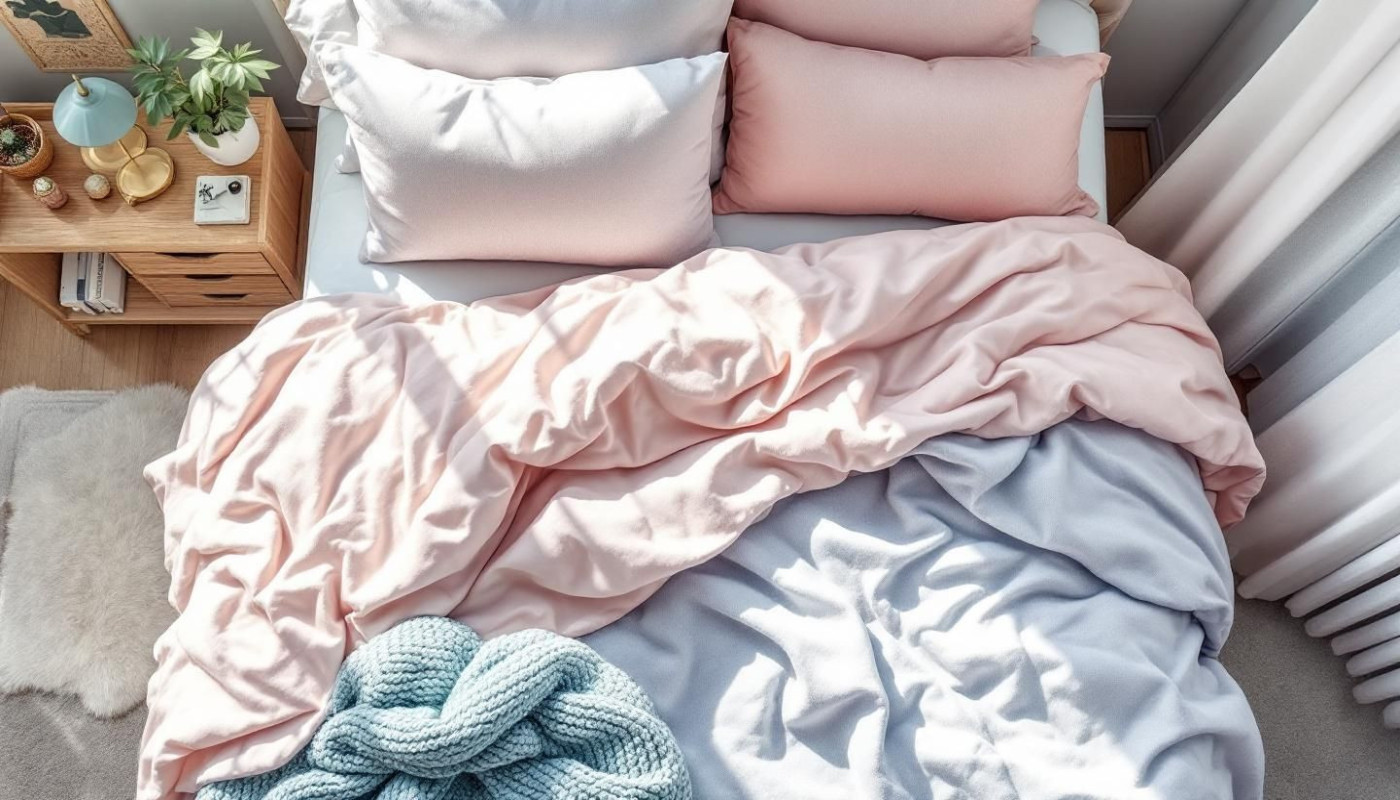Table of contents
In a world where urbanization is ever increasing, the integration of nature within our indoor spaces has become not just a luxury, but an essential component to foster mental wellbeing. Indoor plants have been gaining popularity due to their aesthetic appeal and ability to purify air; however, beyond these physical advantages lies something even more profound - their potential impact on mental health. In this article, we delve into the revealing research around indoor plants and psychological wellness while exploring how these quiet companions contribute positively towards stress reduction, productivity enhancement and mood elevation. As you journey with us through this green revelation, prepare yourself for some surprising insights that may inspire you to cultivate your own in-house garden.
The Connection Between Indoor Plants and Stress Reduction
Scientific research in the field of environmental psychology has shed new light on the link between indoor plants and stress reduction. The psychologist, whose specialization lies in this domain, points to the 'Biophilia Hypothesis' to explain this phenomenon. This concept suggests that humans innately seek connections with nature and living systems, indicating a deep-rooted association between our state of mind and the natural environment.
Multiple studies have indicated that interactions with indoor plants, such as touching or taking care of them, can result in considerable reductions in physiological stress parameters. Specifically, there has been noticeable improvement in pulse rate and blood pressure, thus further substantiating the relation between indoor plants and mental health. These studies provide valuable empirical evidence that supports the Biophilia Hypothesis.
Furthermore, popular culture has also embraced this notion, with many individuals and communities advocating the benefits of indoor plants for mental well-being. Anecdotal evidence is abundant, with people recounting their experiences of feeling less stressed and more relaxed when they spend time around indoor plants. In this way, both the scientific community and popular culture align in their understanding of the therapeutic potential of indoor plants in stress reduction.
Indoor Plants' Role in Enhancing Productivity
Scientific research has consistently shown the profound impact indoor plants can have on boosting workplace efficiency and cognitive functioning. One notable Organizational Psychologist has drawn attention to several studies that speak directly to this concept. The Attention Restoration Theory, a technical term within the field, helps explain this phenomenon. The theory posits that natural elements like indoor plants provide rich visual stimuli, which help to restore our ability to focus and concentrate.
The presence of indoor plants within a working environment significantly contributes to productivity enhancement. Specific studies have demonstrated that employees in offices with greenery exhibit increased focus, and their cognitive abilities are noticeably improved compared to those working in plant-less environments. This isn't just limited to the workplace; even in our homes, indoor plants can play a similar role. A verdant, oxygen-rich environment can lead to improved cognitive functioning through the provision of natural visual stimuli. So, whether you're working from home or in an office, the influence of indoor plants on mental health and productivity is indeed noteworthy.
Elevating Moods Through Greenery Indoors
Delving into the realm of nature therapy or ecotherapy, a term coined by clinical psychologists, has unveiled a profound correlation between indoor plants and improved mental health. The presence of indoor flora has been shown to induce a positive emotional state, instilling a sense of serenity and comfort. This aspect of nature therapy, often overlooked, can be a vital element that contributes to mood elevation.
Several academic research studies have created a compelling body of evidence supporting this claim. There is a significant reduction in symptoms of depression and anxiety reported by individuals who spend time with indoor plants. Engaging with these green companions, in ways like watering them or simply admiring their growth, can trigger feelings of accomplishment and tranquility. This interaction, as simple as it may seem, can alleviate anxiety and pave the way for a more positive emotional state.
Indoor plants not only add a refreshing touch of greenery to homes but also serve a deeper purpose. They play a pivotal role in creating a therapeutic environment that fosters emotional healing. Recognizing the potential of indoor plants for mental wellbeing can be a stepping stone towards holistic healing practices. A clinical psychologist or psychiatrist can vouch for the effectiveness of integrating nature therapy into mental health treatment plans, underlining its immense potential.
Choosing The Right Plant For Your Space And Wellbeing
Making the correct selection for houseplants hinges not only on your personal preferences but also on numerous practical factors, paramount among them being the light requirements of the plants. Our indoor spaces vary greatly in terms of available light - some spots might be awash with sunshine while others are more shaded. The key is to opt for plants that are suited for the light conditions of your home.
Another vital factor to take into account is the level of care these green companions need. Some plants, like the peace lily or the snake plant, are relatively undemanding and can thrive even with minimal attention. On the other hand, plants like ferns or orchids require a fair amount of care and expertise to thrive indoors.
It's also worth considering the specific species and their effects on your mental wellbeing. Certain plants are renowned for their calming effects. Lavender, for instance, has been used for centuries in aromatherapy for its stress-relieving qualities. Similarly, the peace lily, apart from its aesthetic appeal, is known for its air-purifying abilities - a process technically known as phytoremediation, which significantly contributes to creating a healthier indoor environment.
As an experienced botanist might advise, it's about creating a balance between your personal preference, the plant's needs, and the characteristics of your indoor space. In the end, the joy that comes from nurturing a plant that thrives in your care is irreplaceable and can greatly enhance your mental wellbeing.
Similar articles





